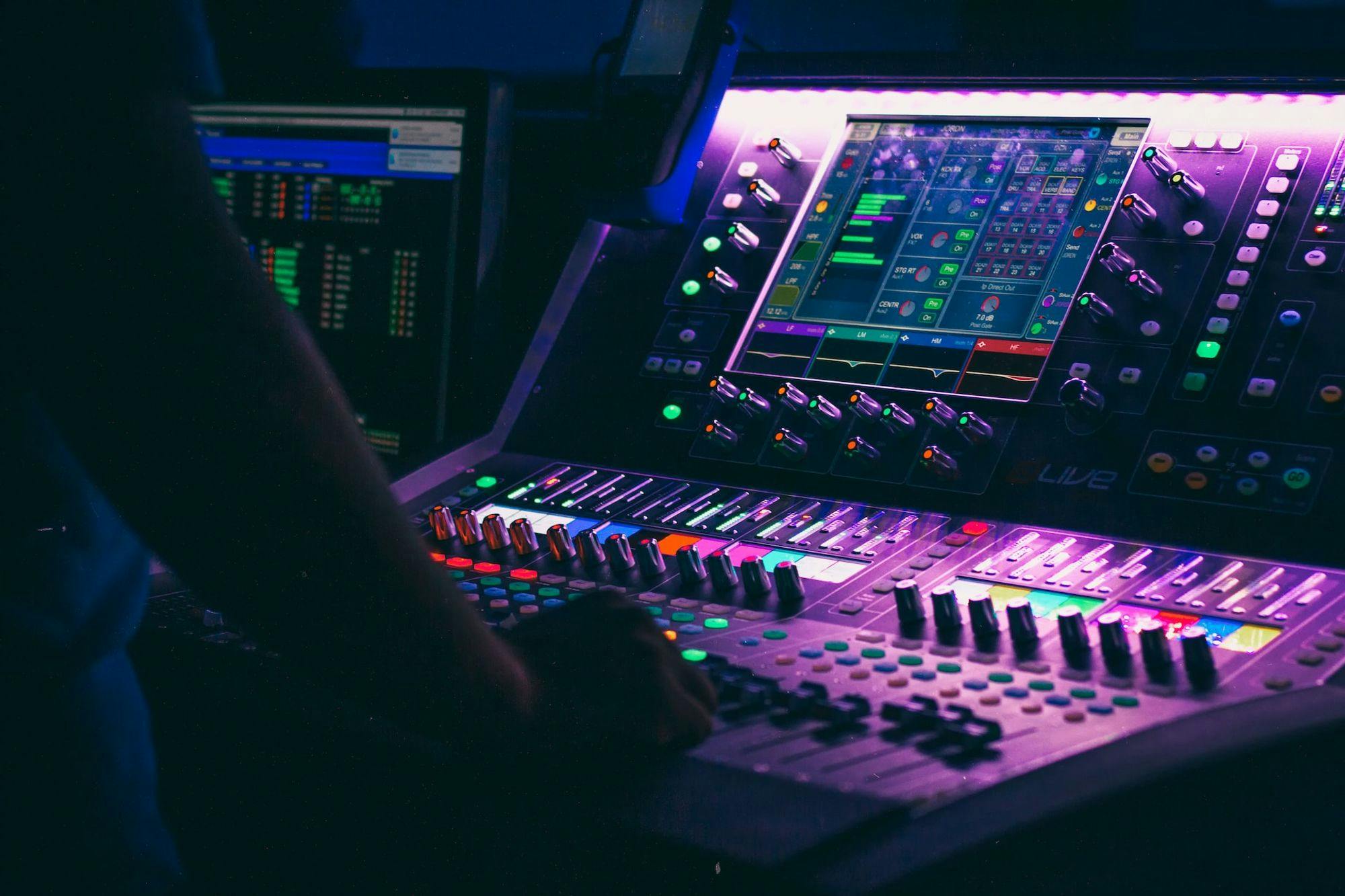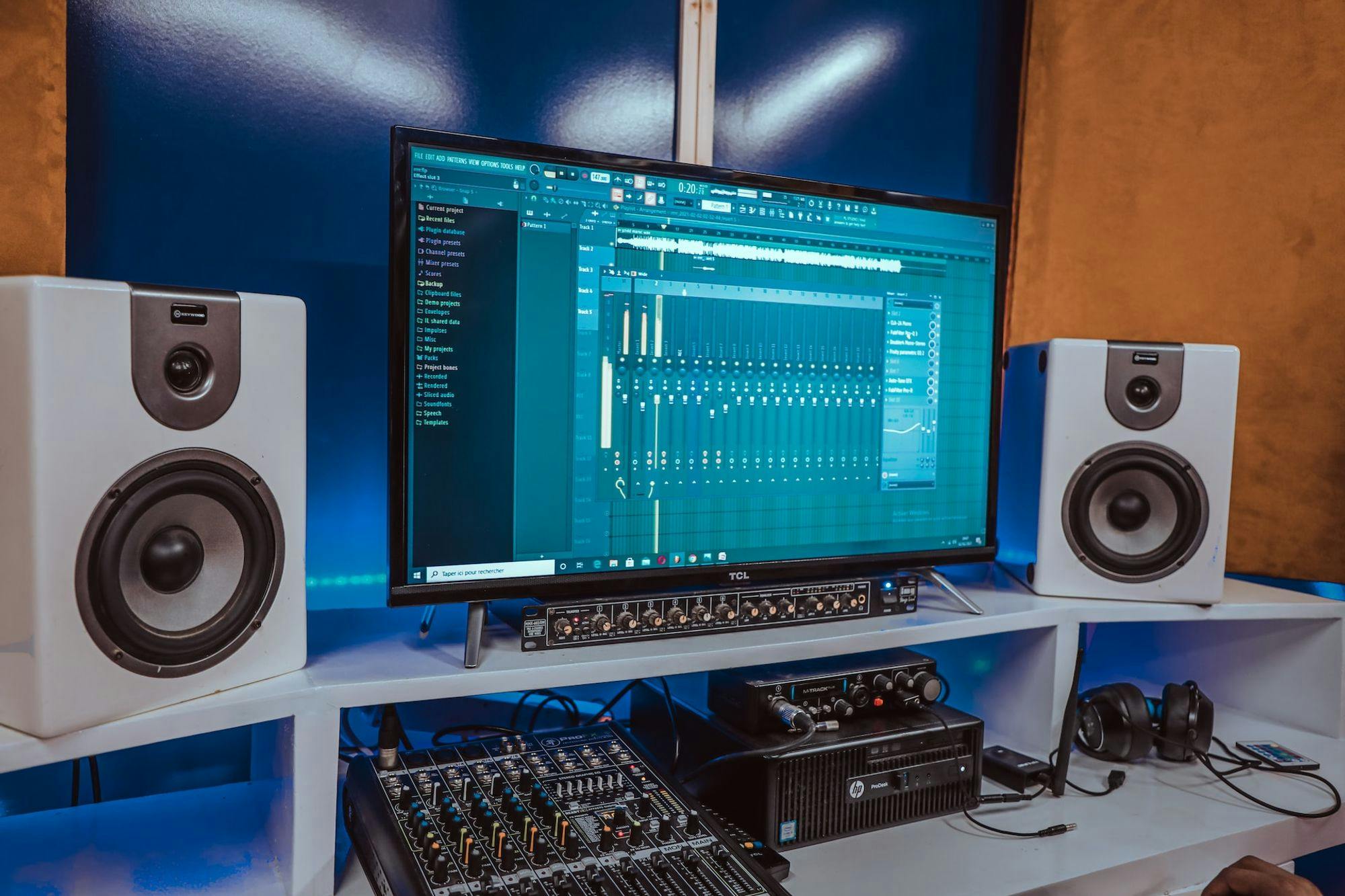Why Mastering?
Sending mastered demos is especially important when submitting music to record labels, radio stations, and other industry professionals. These entities often receive a high volume of music submissions, and sending a poorly mixed or unmastered track can result in your music being overlooked. Sending a well-mastered demo, on the other hand, can make a great first impression and help to capture the attention of industry professionals.
In addition to impressing industry professionals, sending mastered demos can also help to build a fan base. By providing fans with a high-quality representation of your music, you can increase the likelihood that they will listen to your music repeatedly and share it with others. This can help to create buzz around your music and attract more listeners and fans.
Finally, sending mastered demos demonstrates a high level of professionalism and attention to detail. It shows that you take your music seriously and that you are committed to producing a high-quality product. This can help to build your reputation as an artist and increase your chances of success in the music industry.
Overall, sending mastered demos is a crucial step in the music production process that can help to ensure the success of your music. It allows you to showcase your music in the best possible light, impress industry professionals and fans, and demonstrate your professionalism and commitment to your craft.
What is mastering?
Mastering is an essential step in the music production process that helps to ensure that the final product sounds polished and professional, and is ready for commercial release. It is the final stage in the music production process, which involves preparing and transferring the final mix of a song or album from the production environment to a distribution format ready for public release.
The goal of mastering is to balance the sonic elements of a stereo mix and optimize playback across all systems and media formats. During the mastering process, the audio engineer uses a combination of technical tools and artistic techniques to adjust the volume, equalization, stereo width, compression, and limiting of the audio. The mastering engineer also ensures that the song transitions smoothly from one track to the next, and that the overall album has a cohesive sound and feel.
In addition to technical adjustments, mastering can also involve creative decisions such as adjusting the spacing between tracks, adding fades or crossfades, and applying effects like reverb or delay. The mastering engineer may also use various tools such as equalizers, compressors, and limiters to enhance the overall sound of the music and ensure that it sounds good across a wide range of playback systems.
Mastering can also involve the creation of various versions of the same song or album for different media formats such as vinyl, CD, or digital distribution. Each format has its own unique requirements, and the mastering engineer must ensure that the music sounds optimal on each format.
What is mixing?
Music mixing is the process of combining multiple audio tracks into a single stereo or multichannel mix. This process involves adjusting the levels, panning, and equalization of the individual tracks to create a cohesive and balanced final mix. The goal of mixing is to create a pleasing and dynamic sound that showcases the strengths of each individual track while maintaining overall sonic coherence. Mixing is typically done prior to mastering, which is the final stage in the music production process.
During the mixing process, the audio engineer uses a variety of tools and techniques to shape the sound of each individual track and the overall mix. These may include adjusting volume levels, panning tracks left or right in the stereo field, applying equalization to boost or cut specific frequency ranges, adding effects like reverb or delay, and applying compression or limiting to control dynamic range.
One of the key challenges in mixing is achieving a balanced and clear sound that allows each element of the mix to be heard clearly. This involves careful attention to the levels and panning of each track, as well as the use of EQ to carve out space for each element in the frequency spectrum.
Another important aspect of mixing is creating a sense of depth and space in the mix. This can be achieved through the use of reverb and other time-based effects, as well as careful panning and level adjustments.
In addition to technical considerations, mixing also involves a certain degree of artistry and creativity. The mixing engineer must make decisions about how to balance different elements of the mix to create a compelling and engaging sound that captures the spirit of the music.
Overall, music mixing is a critical stage in the music production process that helps to shape the sound of the final product. It requires a combination of technical skill, creative vision, and careful attention to detail to achieve a mix that is both sonically pleasing and artistically satisfying.
Round Up
In summary, music mastering is a crucial step in the music production process that ensures that the final product is of the highest quality and ready for commercial release. It involves a combination of technical and artistic skills, and the mastering engineer must have a deep understanding of music production and the tools used in the process.




